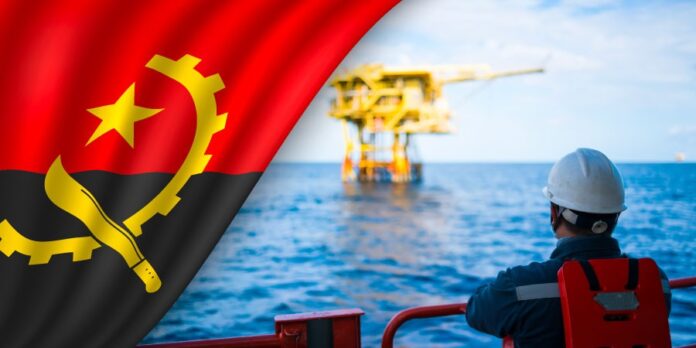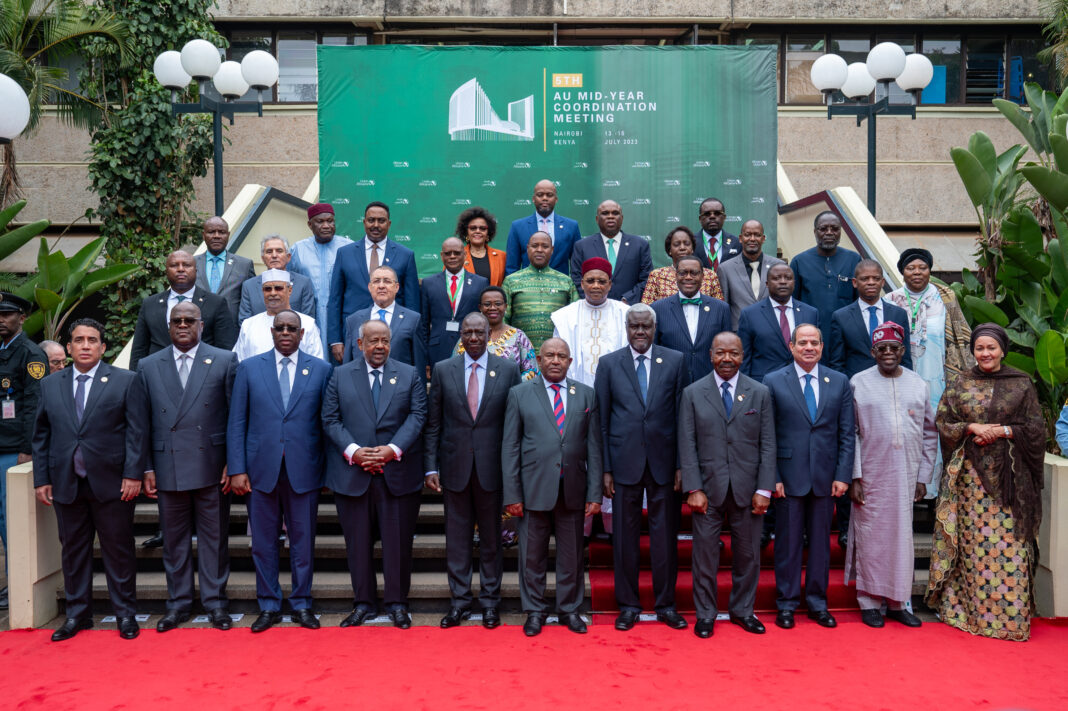JOHANNESBURG, South Africa, July 17, 2023/ — Angola has been in the petroleum business for a long time. It extracted its first barrels of crude oil in the mid-1950s, when development operations started at Benfica, an onshore field in the Cuanza basin, and became an even more prominent player after international oil companies (IOCs) started making major discoveries in the offshore zone in the late 1960s.
Since then, the country has worked its way up through the ranks to become one of the biggest crude oil producers in Africa. Sometimes it even tops the list of the continent’s largest producers. In August 2022, for example, it surpassed Nigeria and attained the top spot for the first time since 2017. While that rise was temporary, Angola became the continent’s No. 1 producer again in May of this year. Even if Nigeria surpasses it again, these instances serve as illustrations of Angola’s ability to sustain output at significant levels.
Production challenges
Even so, it’s worth noting that Angola’s oil sector faces significant challenges.
The country’s crude yields peaked in 2008 at slightly less than 2 million barrels per day (bpd) and now stand at around 1.10-1.15 million bpd. The government has said it wants to push production levels up to 1.3 million bpd, but it will not necessarily have an easy time doing so. This is because the decline in output has been structural in nature. That is, it stems partly from the maturation of many large offshore oil fields, partly from IOCs’ failure to launch enhanced oil recovery (EOR) projects to stem the downward trend, and partly from inadequate investment in upstream capacity. These trends are not easy to reverse, even though officials in Luanda have made some efforts to attract new investors and to encourage exploration through such measures as new licensing rounds.
Nevertheless, it would be a mistake to assume that the long-term decline in crude output is a sign that Angola’s oil industry is destined to keep shrinking to the point of insignificance. The country is taking steps to raise production, not just to push yields up to 1.3 million bpd but also to stabilize them at that level.
Diamantino Pedro Azevedo Minister of Mineral Resources, Oil and Gas, has brought Working together with ANPG and Sonangol leadership have been able to leverage both the power of government and the power of the business community to achieve overdue changes. These efforts are commendable, and I believe they will be successful — especially since IOCs are working with the national oil company (NOC), Sonangol, to accelerate new developments.
Building on Existing Infrastructure
In a number of cases, this collaboration has focused on making use of existing infrastructure to streamline development. I’ll mention two examples here, starting with Azule Energy, a company that BP of Great Britain and Italy’s Eni established last year to consolidate their Angolan portfolios.
Azule Energy may be relatively new, but it already has a track record of success with respect to working with Sonangol to push upstream operations forward. Indeed, the joint venture has focused specifically on bringing new reserves online as quickly as possible and has developed a strategy for doing so. This strategy is known as Infrastructure-Led Exploration (ILX), and Eni has described it as a means of using subsea tie-backs, which connect new deposits to existing production facilities as quickly as possible. This fast-track approach minimizes the time that greenfield projects spend waiting in the pipeline between discovery and development. It also maximizes sustainability, as reducing the need for new construction helps to lessen the environmental impact of upstream operations.
Azule Energy has already racked up a number of successes thanks to ILX. In late 2021 and early 2022, for example, it succeeded in bringing three new sections of the ultra-deepwater Block 15/06 on stream within a period of just seven months: Cuica, Cabaca, and Ndungu. Moreover, it put itself in a position to ramp production up quickly by employing a tactic of “appraisal whilst producing” – that is, by allowing appraisal wells to be used for development whenever possible rather than maintaining a distinction between the two types of wells. In the case of Ndungu, this was spectacularly successful, as it allowed the company to discover additional resources and raise its reserve estimate for the field from the initial level of 250-300 million barrels of oil equivalent (boe) to 800 million-1 billion boe.
ILX is on track to score yet another success within the next few years at Agogo. This field, also located within Block 15/06, is the next target in Azule Energy’s development pipeline. It is slated to come on stream in 2026, and the company’s contractor, Saipem of Italy, has already begun construction of a new subsea production network there for the Early Phase 2 development project. This new network will eventually be connected to an FPSO that will support a development hub capable of supporting additional production of 175,000 bpd.
Fast-Tracking Oil Development
Meanwhile, Azule Energy is not the only IOC trying to ramp up production as rapidly as possible in cooperation with Sonangol. TotalEnergies of France has been following a similar path by emphasizing short-cycle development projects that extend its subsea production network in a low-impact manner by using tie-backs to link new fields to nearby floating production, storage, and offloading (FPSO) vessels.
One such project is CLOV Phase 3, which targets the Cravo, Lirio, Orquidea, and Violeta fields within Block 17. TotalEnergies made a final investment decision (FID) on this project in June 2022, and it said at the time that CLOV Phase 3 was expected to carry a price tag of USD850 million. It also noted, though, that it would be able to trim its costs by as much as 20% because of the decision to use standardized equipment to establish production networks.
CLOV Phase 3 is slated to be the first upstream Angolan project to benefit from TotalEnergies’ use of standardized subsea equipment. However, the French major does hopes to take the same approach to future short-cycle development initiatives. In the meantime, CLOV Phase 3 is expected to boost Angola’s oil output by 30,000 bpd once it comes online in 2024.
Long-Term Goals
These brief mentions do not reveal the whole picture, as they do not illuminate all of the paths that Sonangol is taking to intensify cooperation with its foreign partners. But they do offer two examples of the work that the country has been doing to counter the long-term decline in oil production levels. More specifically, they demonstrate the gains that can be made when stakeholders work to make the most of what they already have.
But the point is not just to increase crude production and keep an existing industry afloat. Angola also sees the oil sector as a vehicle capable of laying a foundation for the country’s eventual transition to renewable energy in a way that maximizes the gains for citizens. To achieve this end, it is trying to generate as much revenue as possible from the development of its offshore oil reserves so that the proceeds can be used to grow the country’s economy. It is also seeking to ensure that IOCs share training and technology, thereby contributing to the development of a more highly skilled labor force and the expansion of local capacity for the support of complex projects. Additionally, it is working to reduce energy poverty by building new refineries that will improve local access to high-quality fuels.
Once again, the AEC commends Angola for these efforts. We look forward to seeing the country rack up more successes in the years to come, starting with its push to raise crude oil output to 1.3 million bpd and eventually achieving a just and sustainable energy transition, in which renewable and low-carbon forms of energy are both abundant and easily accessible.
By NJ Ayuk




